Studies in the Campus Asia Program
Messages from CAP instructors from Japan, China and South Korea
- HOME
- Studies in the Campus Asia Program
- Messages from CAP instructors from Japan, China and South Korea
MESSAGE
Ritsumeikan University

-
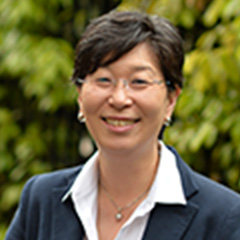
Research Field(s)
Modern Korean HistoryYuka ANZAKO
In Ritsumeikan University's Campus Asia Program students learn about the language, history, and culture of China and Korea in the actual country. Students can acquire a global perspective and diverse cross-cultural adaptation and adjustment skills that cannot be learned through conventional "student exchange programs". This is a very intensive program that allows students to take special lectures on languages and seminars from their first year. I would like to encourage all high school students who are interested in Asia to give this program a try.
-
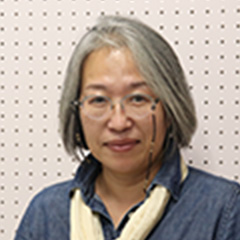
Research Field(s)
Modern Japanese History, History of East Asian Cultural ExchangeHidemi KANAZU
Kanpai, Ganbei, Geonbae! (Cheers in Japanese, Chinese and Korean) Japan, China, and Korea are similar but slightly different, and different but somehow similar. The Campus Asia Program is designed to allow students to study the dynamism of the language, history and culture of China, Japan and Korea. What is different and what is the same? Why do people think or not think a certain way? To know, understand, and imagine others and other cultures is at the same time to know and rediscover oneself and one's own culture. You may be confused, angry, and feel down at times, but you will surely find space to laugh, empathize, and share with each other to an even greater extent. With East Asia as your campus, why not connect with others across boundaries?
-
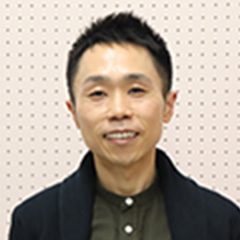
Research Field(s)
Korean Language Education, Japanese Language EducationTakashi MIKI
What are you all interested in? Often we are exposed to information in other languages that we cannot gather in our own language. The more languages we can access, the more the quality and quantity of information increases. At the same time, our gains are not limited to language, getting to know others will lead to a deeper understanding about yourself, and you will have more opportunities to find a lifestyle that is right for you. Why not expand your possibilities starting in the close by East Asia?
-
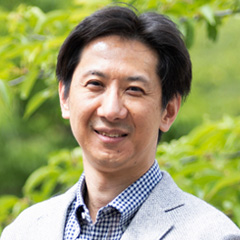
Research Field(s)
Early modern Chinese thought, Confucian historyJunichiro OZAKI
When you try to take on a challenge, you may feel anxious, feel like it’s too much of a hassle, or feel like you should stay away from it. Still, if you can take that first step, your world will change dramatically. The Campus Asia Program allows students to study in China and South Korea for two years, while receiving support from faculty from the three countries of China, South Korea, and Japan. You can start by trying to have a little courage. That will surely lead you to an experience that will greatly change who you have been.
Guangdong University of Foreign Studies

-
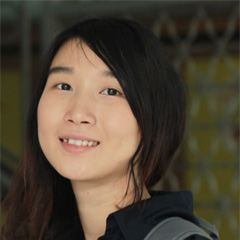
Research Field(s)
Comparative Literature of China and Japan, Literary scienceXin Jimei
I am expecting to see CAP students not only drastically improve their language skills, but also consider the complicated problems facing East Asia and be competitive in international fields. I hope that our students will play an active role on the international stage.
-
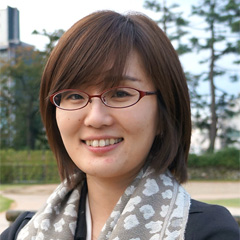
Research Field(s)
Linguistics, Japanese Language EducationChi Jiaojie
We hope CAP students will direct their attention beyond issues unique to their own country, and instead focus on the entirety of East Asia and be initiated in the study of East Asian humanities while developing an awareness for the issues around them.
-
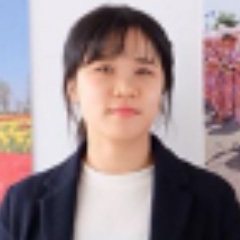
Research Field(s)
Social Welfare StudiesQUAN Ming
In a rapidly changing international society, there is a need for new regional studies that capture the challenges facing East Asia from a global perspective. Let’s turn our attention towards East Asia and listen to what it has to say.
-

Research Field(s)
Modern History of Japanese Women, Korean Language EducationSEOK Hyang
People are constantly learning and growing. Life can be described as a challenge of new things. Don't be afraid to try and experience them. It is said that it takes more than 10 years of study and effort to become an expert in a certain field. I hope that you will continue to expand your knowledge in various new environments based on the knowledge you have gained through the Campus Asia international joint curriculum educational project between Japan, Korea, and China, and fulfill your dreams while playing an active role as a leader in the East Asian region.
-
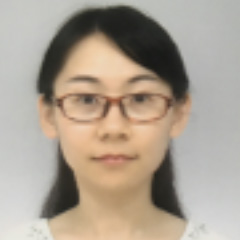
Research Field(s)
Japanese Classical Literature, Japanese Nara Heian Dynasty Han Literature, Chinese and Japanese Comparative LiteratureLIANG Yihua
A step from the world that is your own country to the whole world.
When I was an undergraduate student, I always used clichés such as "being a bridge between China and Japan" in my essays. In my mind, there were only two countries: China, the country I am from, and Japan, the country where the Japanese language I was learning at the time is used. After this, with the accumulation of knowledge and experience, I realized how narrow this way of thinking is, and I have come to believe that we, as citizens of the earth, should be concerned not only with our own country, but also with the world as a whole. Without this view point, it would be impossible to solve various problems. Having said that, as a first step, let us turn our attention to the three East Asian countries of CAP. -
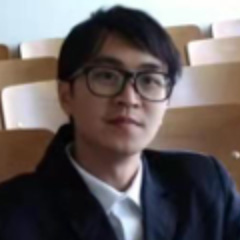
Research Field(s)
Cognitive Linguistics, Chinese-Japanese Contrastive Linguistics, Chinese GrammarDENG Yuyang
I hope that through the Campus Asia Program and its activities, you will develop broad-mindedness, an international perspective, and a dialectic way of thinking, build friendships that transcend national boundaries, create memories that will last a lifetime, and move through your youth with no regrets and a positive outlook.
-
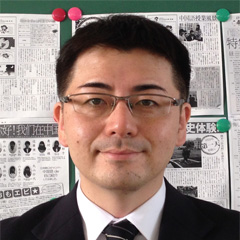
Research Field(s)
Grammatical Theory of Contemporary JapaneseShigetoshi Okazawa
Learning two languages (Chinese and Korean) at the same time is quite challenging, but learning foreign languages that are quite different from English will reward you with a broader perspective. It is very interesting to see various similarities and differences between Japanese and each of these languages. For example, while Chinese is similar to Japanese in terms of characters and Korean is similar to Japanese in terms of grammatical properties, both are very different from Japanese in terms of phonetic features. I hope students will notice the various cultural elements that are similar but slightly different, and enjoy exploring the question "Why?" during their time on CAP. While we are living in challenging times, let's think about what we can do now and continue to move forward.
Dongseo University

-
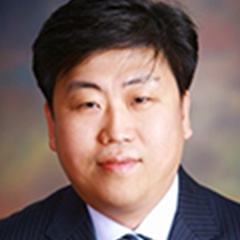
Research Field(s)
Chinese Political Economy, Democratization in China, East Asian RegionalismLEE Honggyoo
Hello everyone. My name is LEE Honggyoo, I am in charge of courses related to China and East Asia in the Campus Asia Department at Dongseo University. As is well known, the "Campus Asia Program" is a "trilateral educational cooperation project" adopted by the leaders of Japan, China, and South Korea at the trilateral summit meeting, as they share the need to foster talent for the future of East Asia for solidarity, integration, and conflict resolution in the region. That is why I hope that our CAP students will learn and actively interact with great pride and a sense of mission, as they have been chosen to contribute to peace, cooperation, and prosperity in East Asia. Let's all work together to usher in a new East Asian era! Try your best, everyone!
-
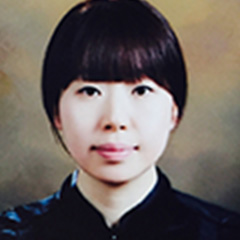
Research Field(s)
Korean Language EducationJU Jihyeon
My name is JU Jihyeon and I am in charge of Korean language education. I hope that the students who share Campus Asia together will develop into global talent who dream of communicating with the world beyond East Asia.

